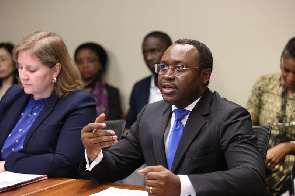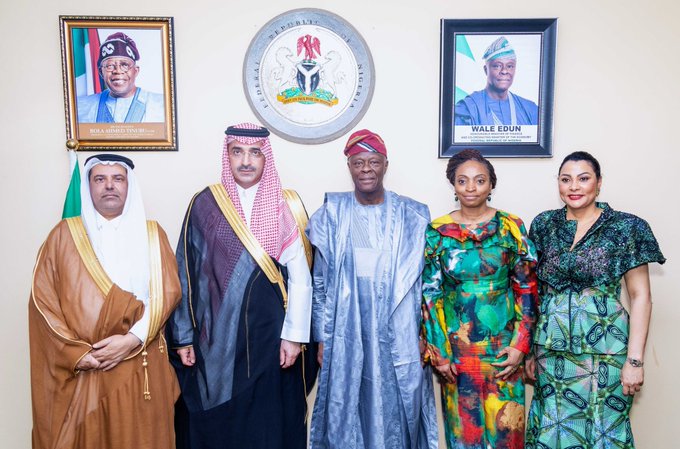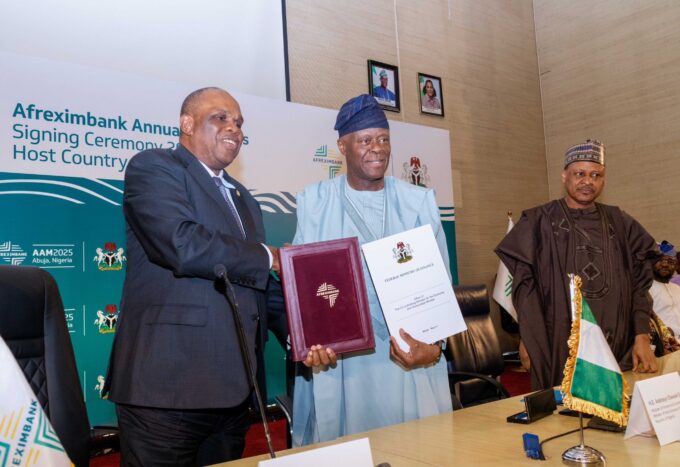Albert Zeufack, World Bank’s Chief Economist for Africa
Mr Albert Zeufack, the World Bank’s Chief Economist for Africa, on Monday, urged African nations to embrace digital transformation to modernise their economies and reinforce economic growth, saying, “This is a game-changer for Africa”.
He said for African nations to experience economic dividends, it is critical to create much-needed digital infrastructure, put the right regulatory frameworks and invest in skills that would allow workers, entrepreneurs and government officials to explore opportunities in the digital world.
He said digital transformation has the potential of unlocking new pathways for inclusive growth, innovation and create jobs, as well as enhance service delivery and reduce poverty in Africa.
Mr Zeufack announced this during a news conference organised by the World Bank in Washington, USA, through a video conference, which hooked up with some selected journalists assembled at the Bank’s offices in Ghana, Kenya, Liberia and Zambia.
Those recommendations announced by Mr Zeufack were also captured in the Bank’s bi-annual report in Africa’s Pulse 19th edition, which provided analysis of the state of African economies released on Monday, April 8.
Mr Zeufack said while Africa had made great strides in mobile connectivity, only 27 per cent has Internet access, far below the global average.
The Bank’s Chief Economist for Africa explained that digital transformation could increase Africa’s growth per capita by 1.5 percentage points per year and reduce the poverty headcount by 0.7 percentage points per year.
He said digital economy would create more jobs, encourage entrepreneurship for youth, raise productivity of farmers, bring more women into the labour workforce and create new markets to boost economic growth.
It was announced in the report that the economic growth in Sub-Saharan Africa recorded 2.3 per cent, which is 0.4 percentage points lower than the Bank’s October estimate, and down from 2.5 per cent recorded in 2017.
Some external factors that necessitated the downturn include volatile economic and financial environment, trade tensions, protectionism and uncertain commodity prices.
On the domestic front, the report said macroeconomic instability such as poorly managed debts, high inflation and fiscal deficit, as well as political and regulatory uncertainty retarded Africa’s economic growth in 2018.
The report also looked at how fragility was hindering Sub-Saharan Africa’s growth, noting that fragility is costing Africa over half a percentage point of growth per year, and adding up to 2.6 percentage points over five years.
Mr Zeufack stated that the Bank expected Africa’s growth to recover this year to 2.8 per cent, with support of exports, private consumption and increased in agriculture and oil production, as well as mining and services sector in some countries.
However, he said Africa’s economic growth would remain below three per cent since 2015.
Meanwhile, Mr Kwabena Gyan Kwakye, the World Bank’s Country Economist, said Ghana’s economic growth for 2019 is projected at 7.6 per cent above government’s projection of 7.2 per cent due to the expected increase in oil, mining and food production.
He underscored the need for the Government to manage the external debt sustainably in order to maintain the gains made so far in stabilising the macroeconomy.
Ms Maura Leary, the Media Relations and Dissemination, Africa Region for Africa’s Pulse, moderated the entire discussions.
The World Bank’s bi-annual report was produced by the Office of the World Bank’s Chief Economist for Africa, Mr Albert G. Zeufack.














